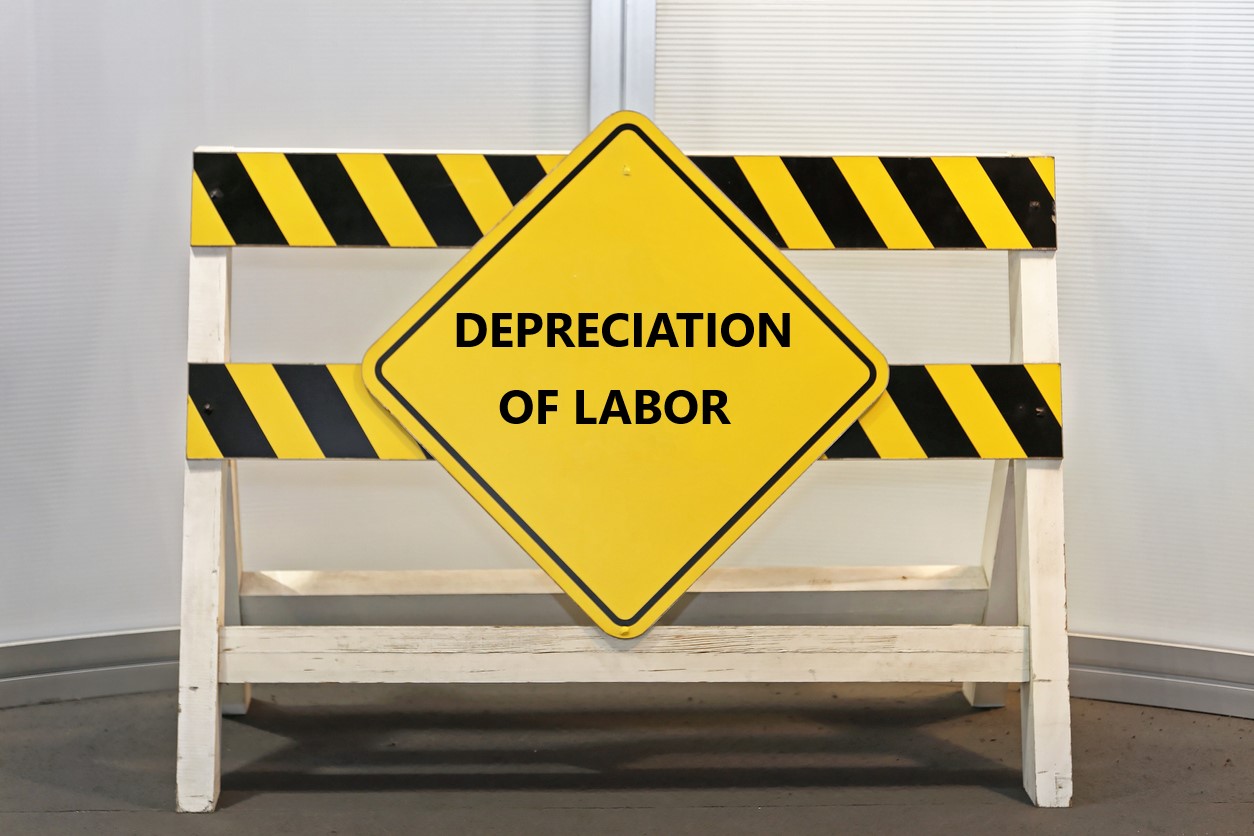Let’s say you are at your friend’s housewarming party, celebrating a big moment in your friend’s life. You go up to the second floor balcony and have a drink or two with your friends. At one point, you lean on the balcony’s railing, fall two stories, and injure yourself because the railing was not secure. You’re then rushed to the hospital and incur over $50,000 in medical bills. Who’s responsible?
In most homeowner’s policies, there is liability coverage for this very scenario. However, what must you do in order to establish coverage? A recent appellate case out of El Paso, Texas, addressed this issue, explaining the process.
In Rust v. Texas Farmers Insurance Company, the appellant brought suit seeking medical-payment benefits from Texas Farmers for injuries she suffered from a riding lawnmower accident. The appellant made a claim with Texas Farmers which Texas Farmers denied. The trial court granted Texas Farmers’ motion for summary judgment, dismissing Rust’s claims for coverage, and Rust appealed.
The Court of Appeals out of El Paso sided with Texas Farmers. The appellate court noted that when it comes to third-party claimants,
A party who is injured by an insured is considered a third-party beneficiary of a liability insurance policy…. However, a third-party beneficiary cannot enforce a policy directly against the insurer until it has been established, by either judgment or agreement, that the insured has a legal obligation to pay damages to the injured third-party.
Because Rust failed to show that Texas Farmers’ policyholder had a legal obligation to pay Rust’s damages, the court ruled in favor of Texas Farmers and upheld the lower court’s dismissal.
In my housewarming party example, how can you obtain coverage for your medical bills? For starters, you have to demonstrate that your friend, the insured, is responsible for your injuries. You would have to do that either through the courts or by agreement with the insured. Always remember that in Texas you cannot sue an insurance company directly for your injuries until liability has been established. If you try, you are very likely to find yourself in the same position as the appellant in Rust v. Texas Farmers Insurance Company.



